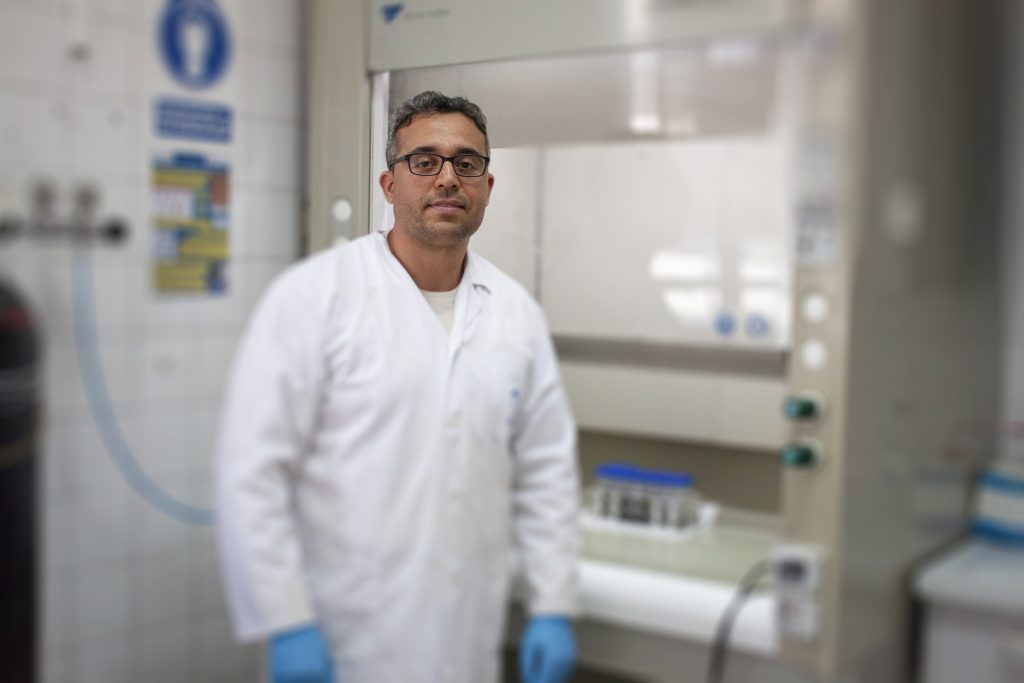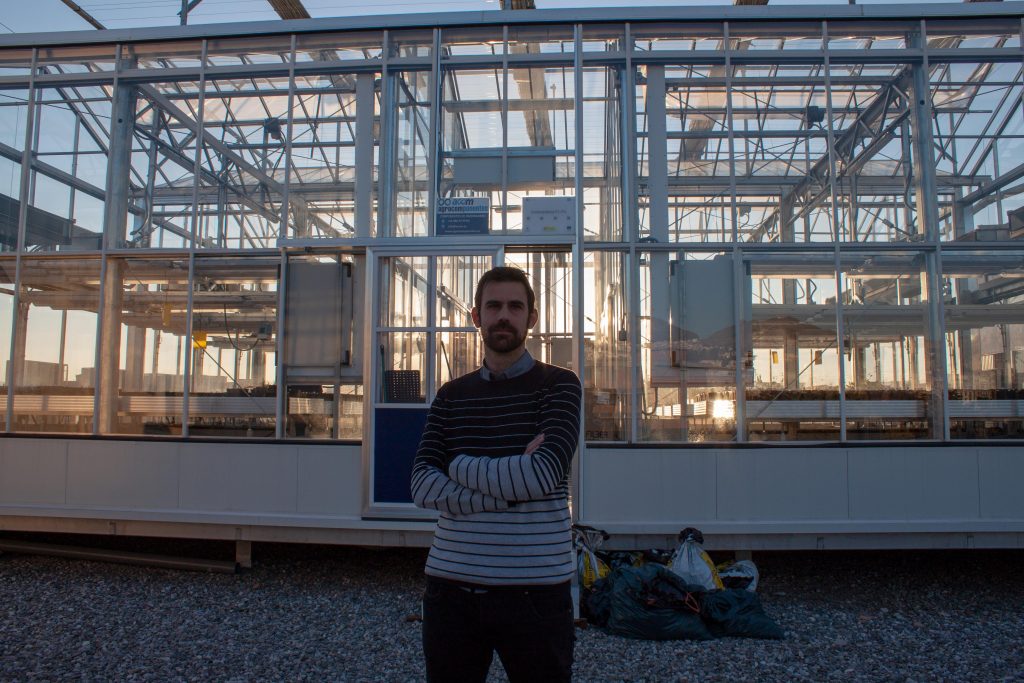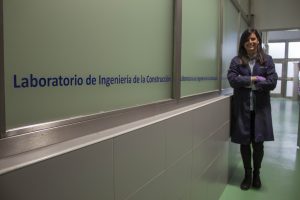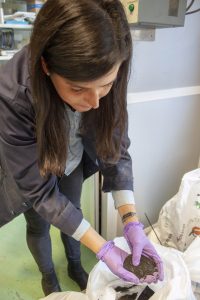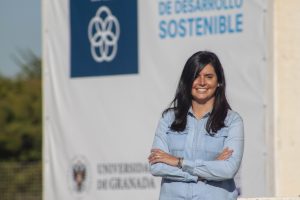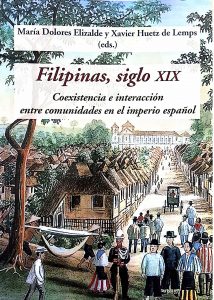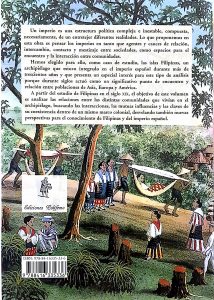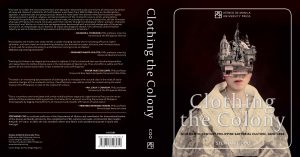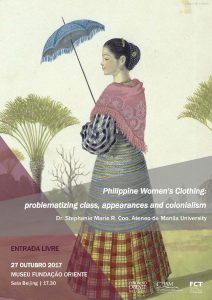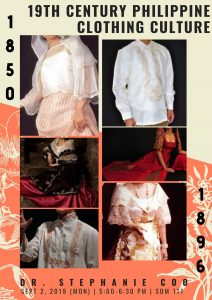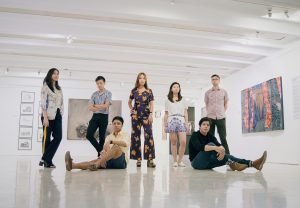Sahbi Jaouadi
My research activities focus on climate change and human-environment interactions in Mediterranean arid lands through a multidisciplinary approach. With an initial academic background in the archaeology and history of the historic period, I succeeded in mastering the techniques of natural science for multiproxy analysis of palaeoenvironments. My commitment to issues associated with climate change and the relationships between humans and the environment have led me working with multidisciplinary teams in Europe and Tunisia whose focus has been prehistoric and historic archaeology, geography and environmental sciences. I studied in Tunisia, Italy, Spain, and France, and my Ph.D. project investigated playa lake sediment archives from the desert margins of southern Tunisia to reconstruct Holocene landscapes and paleoclimates and has been rewarded with the “APLF award for the best French Ph.D. in palynology” in 2017. In 2018, I was awarded the “ Research talent prize at the Musée de l’Homme”.
My current Athenea3i project, named CERES, is held at the Department of Stratigraphy and Palaeontology under the supervision of Professor Gonzalo Jiménez-Moreno and it develops an interdisciplinary approach by cross-referencing data regarding societies and natural environments within a broad spatio-temporal framework; the aim is to gain a better understanding of multifaceted and non-linear human-environment relationships. The CERES project will document and compare the relationships between human societies and their natural environments during the historic period in two semi-arid Mediterranean areas (Andalusia, Spain and Central Tunisia).
The CERES project includes innovative archaeo-historical and trans-geographical dimensions that will significantly broaden our knowledge of past climate episodes and the associated dynamics of Mediterranean societies. My project will provide a comprehensive historical background highlighting human resilience to environmental change and ecosystems dynamics, which can, in turn, be used to reduce current and future vulnerability to ongoing climate changes and to address the challenges of implementing sustainable development policies.
